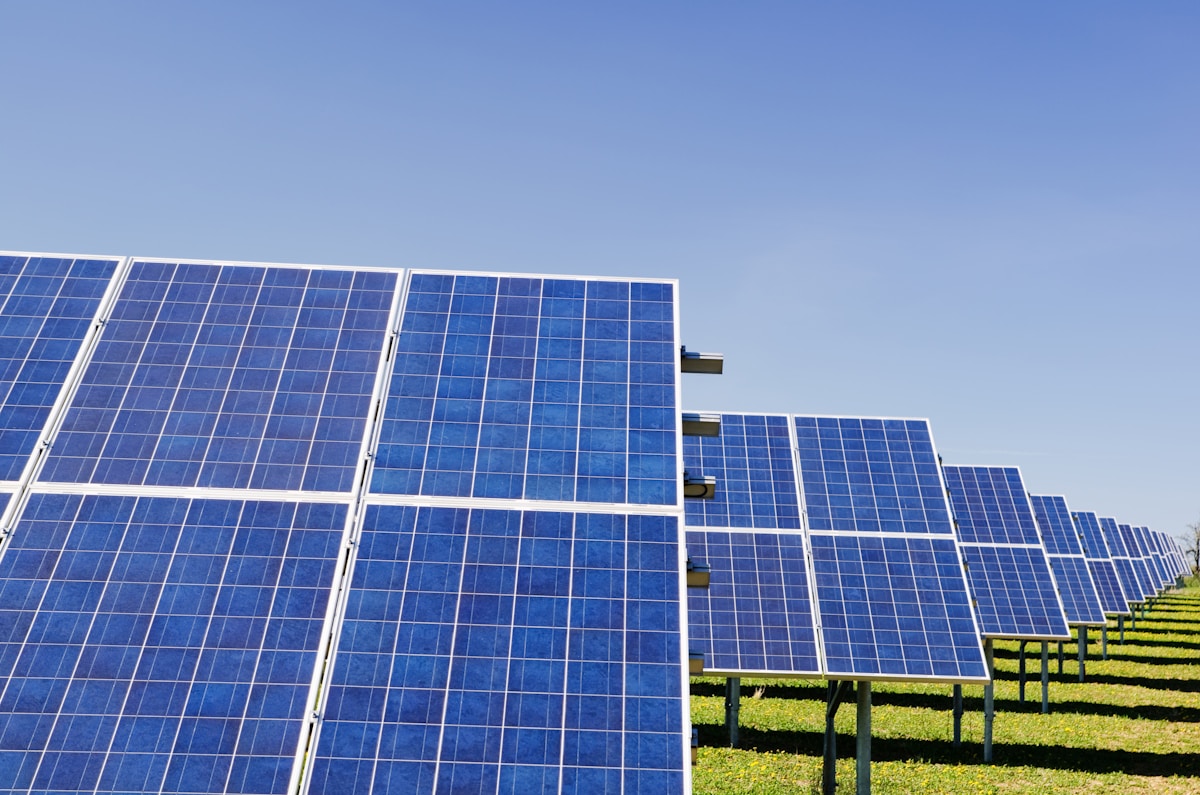
Solar energy has many applications in today's world. Solar power can be used for electricity, hot water heating and air conditioning, drying and cleaning, personal and business hobbies and activities, as well as renewable energy for future consumption. Although solar technology has been around for many years, it has only recently become an increasingly popular addition to the home and the place where people live. The demand for new, environmentally friendly homes and the desire to live "greener" have increased the interest and demand for solar technology. In fact, there are now more than 250 solar-powered hot water systems on the market, with another 100 on the way. The Altair Solar is famous for providing the best solar installation services.
Electricity rates are going up all the time, and this is one reason why more people are looking at solar installation to eliminate or reduce their monthly out-of-pocket expenses. Solar power is simply the conversion of available energy from the sun into usable electricity, either by directly using solar panels, indirectly through solar panels that transfer electricity to batteries, or a combination of both methods. Most solar panel systems require sunlight during the day to produce electricity. Some solar energy systems, however, are designed to generate electricity even in the dark, which can be useful in remote locations or for emergency situations. Depending upon the specific solar installation being considered, homeowners may also qualify for federal solar rebate programs.
Installing solar panels requires additional equipment such as solar panels, an inverter and storage batteries. Solar panels need to be installed in a location where the maximum sunlight is received. For optimum energy production, solar installation is most often done on a roof or on the property roof itself. A large roof surface is best, with the panels mounted on the roof in order to maximize the amount of sunlight for maximum energy production.
Solar panel systems require wiring in order to connect the panels to the batteries, but additional consideration should be given to where the wiring is to be located. Depending upon the type of solar installation, homeowners will need to consult with a professional electrician to determine the best location for the wiring. In some cases, all the wiring will have to be concealed within the structure of the home, making it difficult for passersby to access the system. In other cases, additional space may be required in the attic or garage, making it necessary to drill into the roof in order to install the wiring. Homeowners interested in solar installation should also consider the possibility of expanding the size of the roof if it is not enough to cover the entire roof. Learn more about selecting the best solar installation services.
Another way for homeowners to save money on solar installation is to make sure they choose high quality products. Low quality panels can be quite expensive and are unlikely to save the homeowner's any significant amount of money. While there are many reputable companies that offer low cost products, selecting the wrong one can result in less than perfect installation results, less-than-ideal placement of the panels, and an overall loss in savings. It is imperative to find a company that specializes in solar panels. By choosing a specialist company, homeowners can be certain that they are getting expert advice, they are not wasting valuable time, and they are likely to receive the highest quality product at a discount.
Installing a home solar panel system can be quite simple or quite complex. The decision should be based upon how much time and money homeowners want to save. Homeowners should research their options thoroughly before making a final decision. There are many options available, so never be afraid to ask questions and shop around for the best price!
Check out this post for more details related to this article: https://en.wikipedia.org/wiki/Solar_power.